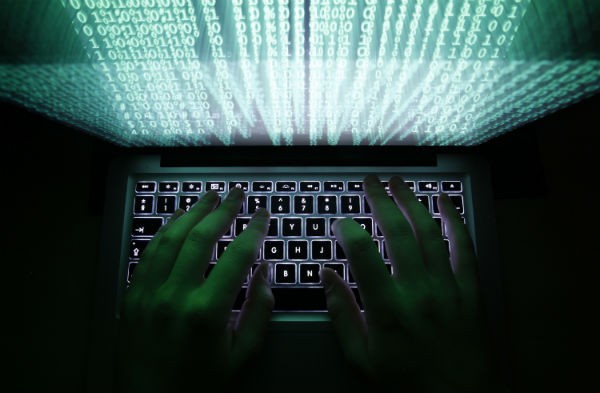
Russia criticized the U.S. on Tuesday for "kidnapping" a Russian man accused of stealing credit card data by hacking into American retailers' computer systems.
According to the U.S. Department of Homeland Security, the Secret Service arrested Roman Valerevich Seleznev, a 30-year-old Russian national, on Saturday for allegedly gaining unauthorized access into point-of-sale systems at retailers throughout the U.S. between October 2009 and February 2011. Seleznev was indicted in the U.S. District Court for the Western District of Washington in March 2011.
"We consider this as the latest unfriendly move from Washington," the Russian foreign ministry said on its website. "This is not the first time the U.S. side, ignoring a bilateral treaty ... on mutual assistance in criminal matters, has gone ahead with what amounts to the kidnapping of a Russian citizen."
According to the Russian foreign ministry, Seleznev was detained at the airport of Maldives' capital, Male, and was force by U.S. Secret Service agents to board a private airline to Guam.
Seleznev is said to be the son of Valery Seleznev, a member in the lower house of the Russian parliament, Bloomberg reported on Tuesday, citing two anonymous U.S. law enforcement officials. The officials also revealed that the Russian lawmaker said he had not been able to contact his son, who went abroad for a vacation with his family.
The indictment said that Seleznev was part of a hacking team that stole more than 200,000 credit card numbers. During a three-month period ending in February 2011, Seleznev and his team of hackers allegedly sold more than 140,000 credit card numbers on various online forums and generated at least $2 million in profit, Bloomberg reported, adding that the amount of losses for financial institutions caused by the hackers could be more than $1.2 million.
"Seleznev is also charged in a separate indictment in the District of Nevada with participating in a racketeer influenced corrupt organization (RICO) and conspiracy to engage in a racketeer influenced corrupt organization as well as two counts of possession of 15 or more counterfeit and unauthorized access devices," U.S. Homeland Security said, in a statement. "Those charges carry maximum penalties of up to 20 years in prison for RICO and RICO conspiracy and up to 10 years in prison for possession of 15 or more counterfeit and unauthorized access devices."

















